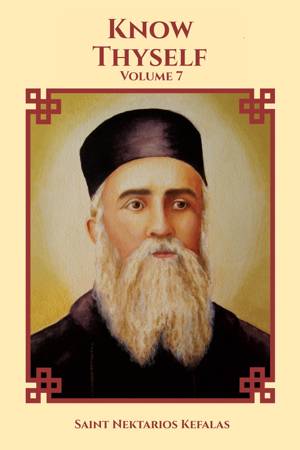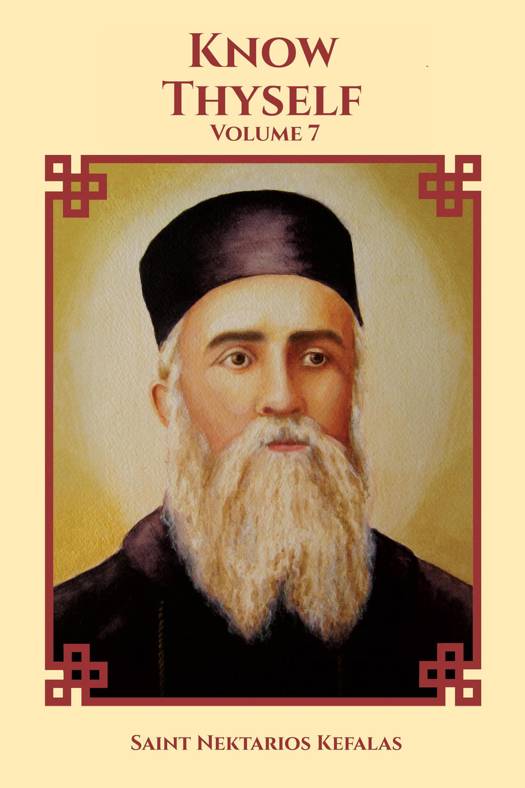
- Retrait gratuit dans votre magasin Club
- 7.000.000 titres dans notre catalogue
- Payer en toute sécurité
- Toujours un magasin près de chez vous
- Retrait gratuit dans votre magasin Club
- 7.000.0000 titres dans notre catalogue
- Payer en toute sécurité
- Toujours un magasin près de chez vous
Description
The famous saying "Know Thyself" is well-known as the hallmark of ancient philosophy. In Christianity this imperative assumes vital importance as a duty enjoined both by natural law and by Holy Scripture, for "they are wise who know themselves well" (Prov. 13:10). Since God created the human person according to His "image and likeness" (Gen. 1:26-27), self-knowledge is also a central path to attaining the knowledge of God. As Saint Gregory of Nyssa says, "If you wish to know God you must first know yourself." In this edifying treatise first published in Greek in 1905, Saint Nektarios gathers beneficial sayings and vividly portrays the various virtues, vices, and states of the soul. He aims to assist us in the difficult task of self-knowledge so that the reader can "study himself, examine himself with precision, behold the image of his soul as in a mirror so that he might discover its passions [...] and diligently seek his soul's cure." Self-knowledge means both recognizing our God-given purpose and actively seeking to be transformed and "conformed to the image" of Christ (Rom. 8:29). By cultivating the virtues and overcoming the passions through faith, hope, and love, the Christian can grow in likeness to God.
Spécifications
Parties prenantes
- Auteur(s) :
- Editeur:
Contenu
- Langue:
- Anglais
Caractéristiques
- EAN:
- 9798201697938
- Date de parution :
- 25-01-22
- Format:
- Ebook
- Protection digitale:
- /
- Format numérique:
- ePub

Les avis
Nous publions uniquement les avis qui respectent les conditions requises. Consultez nos conditions pour les avis.






